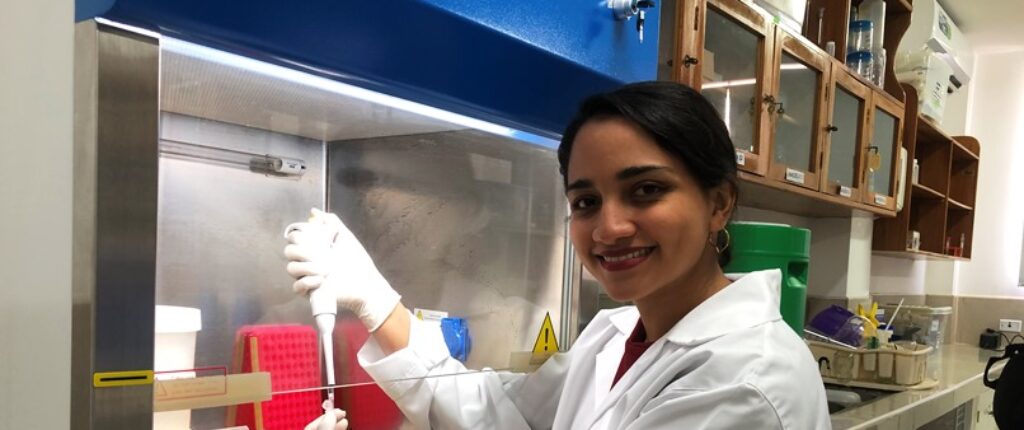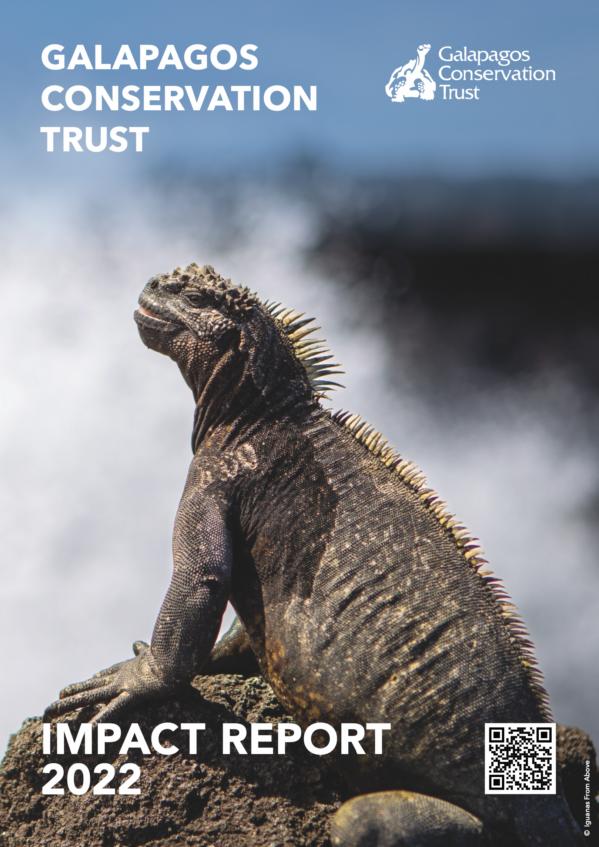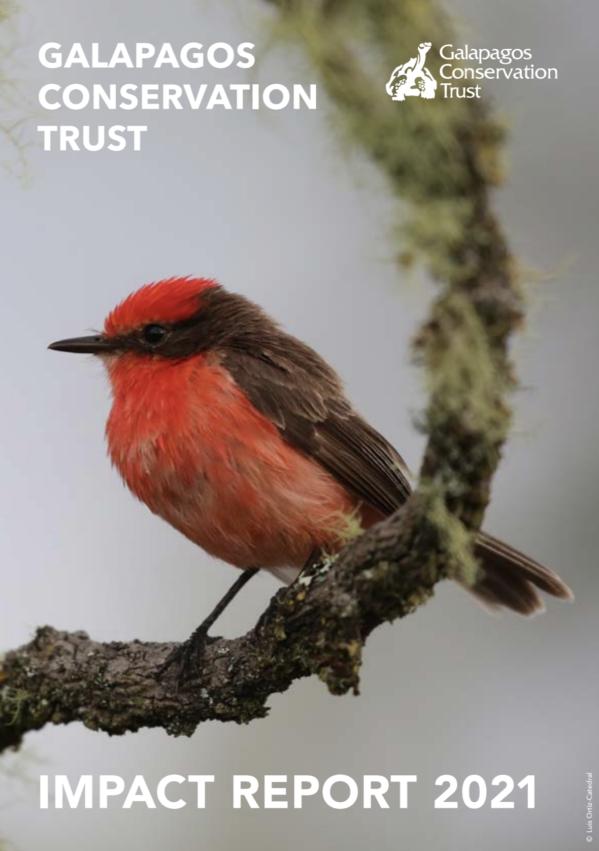Research Papers
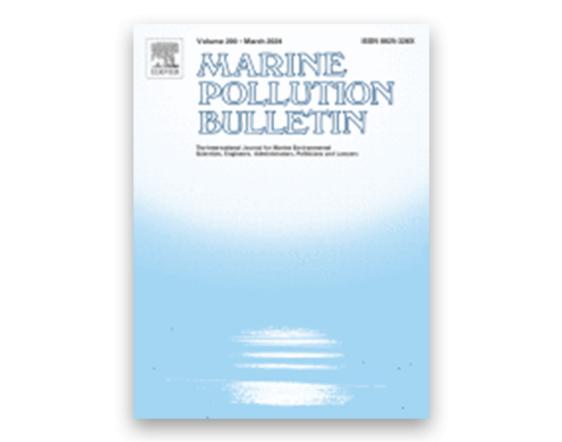
Plastic pollution transcends marine protected area boundaries in the eastern tropical and south-eastern Pacific
Marine Pollution Bulletin – April 2024
Zara L.R. Botterell, Francisca Ribeiro, Daniela Alarcón-Ruales, Eliana Alfaro, Joanna Alfarao-Shigueto, Nicola Allan, Nicole Becerra, Laura Braunholtz, Susana Cardenas-Diaz, Diamela de Veer, Gabriela Escobar-Sanchez, Maria Virginia Gabela-Flores, Brendan J. Godley, Inty Grønneberg, Jessica A. Howard, Daniela Honorato-Zimmer, Jen S. Jones, Ceri Lewis, Jeffrey C. Mangel, Maximilian Martin, Tamara S. Galloway
This study, co-authored by GCT’s Dr Jen Jones and Jess Howard, shows that marine protected areas (MPAs) such as the Galapagos Marine Reserve do not stop the movement of plastic pollution across our oceans. Researchers collected plastic pollution data from 430 locations in nine countries, of which 90 were within MPAs. The team concluded that an MPA did not significantly affect macro or microplastic levels.
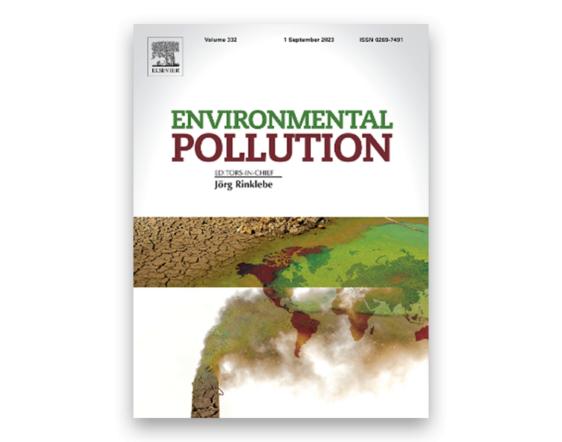
Plastic ingestion in giant tortoises: An example of a novel anthropogenic impact for Galapagos wildlife
Environmental Pollution – January 2024
Karina Ramón-Gómez, Santiago R. Ron, Sharon L. Deem, Kyana N. Pike, Colton Stevens, Juan Carlos Izurieta, Ainoa Nieto-Claudín
Research supported by GCT found that giant tortoises on Santa Cruz island are ingesting items including medical face masks, glass and plastic bags. The collaborative study focused on the Western Santa Cruz giant tortoise (Chelonoidis porteri). This species, classified as Critically Endangered on the IUCN Red List, is the Galapagos tortoise that spends the most time in and around urban areas.
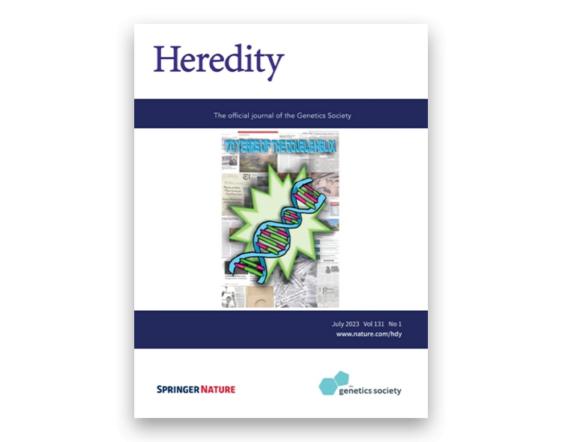
What Darwin could not see: island formation and historical sea levels shape genetic divergence and island biogeography in a coastal marine species
Heredity – July 2023
Maximilian Hirschfeld, Adam Barnett, Marcus Sheaves, Christine Dudgeon
This research, supported through GCT’s funding of the Galapagos Bullhead Shark Project, shows how island formation and climatic cycles shape genetic divergence and biogeography of coastal marine organisms with limited dispersal comparable to terrestrial taxa. Because similar scenarios exist in oceanic islands around the globe, this research provides a new perspective on marine evolution and biogeography, with implications for the conservation of island biodiversity.
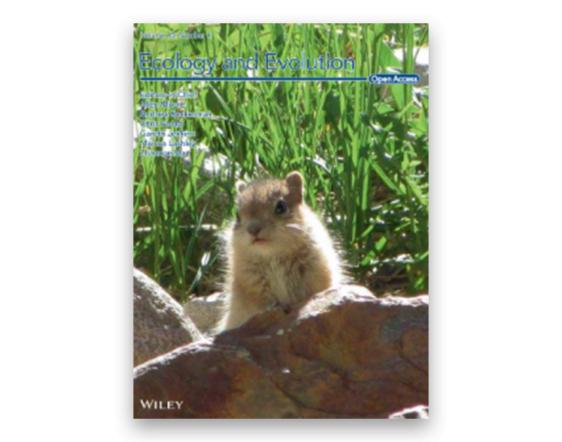
Temperature along an elevation gradient determines Galapagos tortoise sex ratios
Ecology and Evolution – April 2023
Sharon L. Deem, Sam Rivera, Ainoa Nieto Claudín, Evan Emmel, Freddy Cabrera, Stephen Blake
This is the first study to quantify the potential impact of temperature on sex ratios of Galapagos tortoises in the wild. Over the next 30–50 years, mean temperatures on Galapagos are predicted to become hotter than at any time over the last 120,000 years. This research was supported by funders including Galapagos Conservation Trust.

Microplastic distribution and composition on two Galápagos island beaches, Ecuador: Verifying the use of citizen science derived data in long-term monitoring
Environmental Pollution – October 2022
Jen S. Jones, Anne Guézou, Sara Medor, Caitlin Nickson, Georgie Savage, Daniela Alarcón-Ruales, Tamara S. Galloway, Juan Pablo Muñoz-Pérez, Sarah E. Nelms, Adam Porter, Martin Thiel, Ceri Lewis
This study, led by GCT’s CEO, Dr Jen Jones, found that 93% of particles collected by citizen scientists were correctly identified as plastic. Long-term monitoring of beaches in Galapagos is essential to understanding the sources of plastic pollution and guiding mitigation strategies, but this monitoring can be financially and logistically challenging for scientists, so citizen science represents an innovative solution.
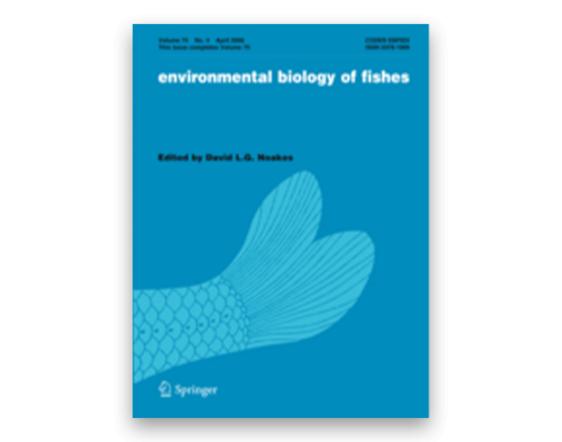
Discovery of a putative scalloped hammerhead shark Sphyrna lewini (Carcharhiniformes: Sphyrnidae) nursery site at the Galapagos Islands, Eastern Tropical Pacific
Environmental Biology of Fishes – February 2022
Yasuní Chiriboga-Paredes, Ángela Palomino, Lauren Goodman, Florencia Córdova, Viviana Páez, Manual Yépez, Salvador Jorgensen, Daniel Armijos, Diana Pazmiño, Alex Hearn
Given dramatic declines in the S. lewini Eastern Pacific population, it is essential to identify nursery grounds that could potentially increase the resilience of adult populations. This research, supported by funders including Galapagos Conservation Trust, provides evidence of a putative nursery ground for S. lewini at an oceanic island in the Galapagos Marine Reserve.
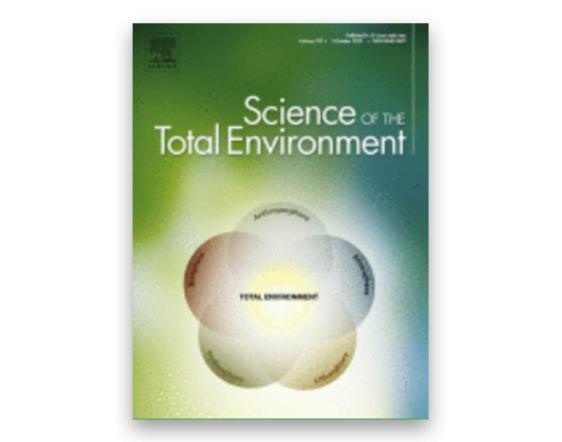
Plastic contamination of a Galapagos Island (Ecuador) and the relative risks to native marine species
Science of The Total Environment – October 2021
Jen S. Jones, Adam Porter, Juan Pablo Muñoz-Pérez, Daniela Alarcón-Ruales, Tamara S. Galloway, Brendan J. Godley, David Santillo, Jessica Vagg, Ceri Lewis
This study, led by GCT’s CEO, Dr Jen Jones, explored the presence, composition and environmental drivers of plastic contamination across the marine ecosystem at an island scale, investigated uptake in marine invertebrates and designed a systematic priority scoring analysis to identify the most vulnerable vertebrate species.
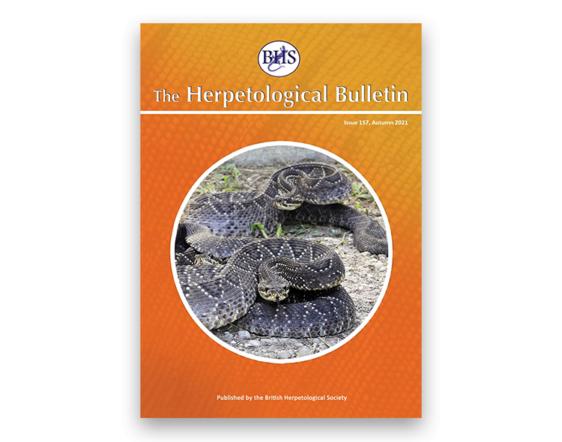
Evidence of cannibalism in a population of western Galápagos racers Pseudalsophis occidentalis (Serpentes: Colubridae)
The Herpetological Bulletin – Autumn 2021
Luis Ortiz-Catedral, Harrison Sollis, Euan Moncreiffe, Johannes Ramirez, Danny Rueda, Christian Sevilla, Richard Wollocombe
This study, supported by Galapagos Conservation Trust, contributes to a growing knowledge of the natural history of Galapagos racers and highlights the role of these reptiles in complex trophic interactions in the Galapagos Islands.
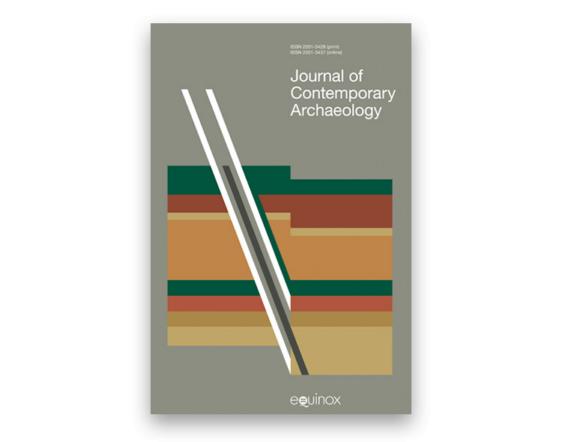
Contemporary Archaeology as a Framework for Investigating the Impact of Disposable Plastic Bags on Environmental Pollution in Galápagos
Journal of Contemporary Archaeology – May 2021
John Schofield, Jerry Aylmer, Andy Donnelly, Jen Jones, Juan Pablo Muñoz-Pérez, Elena Perez, Callum Scott, Kathy A. Townsend
This paper presents contemporary archaeology as a novel framework for investigating environmental pollution, specifically marine pollution. The ideas behind this approach were developed in 2018 during a multidisciplinary ‘Science to Solutions’ workshop led by the Galapagos National Park and Galapagos Conservation Trust and hosted by the Galapagos Science Center and the Charles Darwin Research Station.
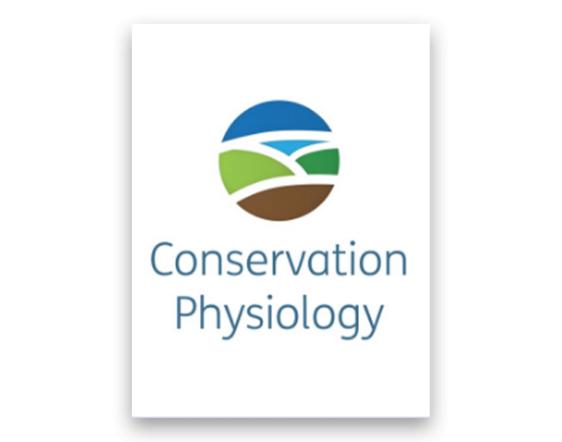
Haematology and plasma biochemistry reference intervals for the critically endangered western Santa Cruz Galapagos tortoise (Chelonoidis porteri)
Conservation Physiology – April 2021
Ainoa Nieto-Claudín, Jamie L Palmer, Fernando Esperón, Sharon L Deem
Despite the ecological and economic importance of giant tortoises for the Galapagos archipelago, very little is known about their health status. This study, supported by Galapagos Conservation Trust, contributes to the understanding of giant tortoise baseline health parameters with formal reference intervals for the Critically Endangered western Santa Cruz giant tortoise (C. porteri).
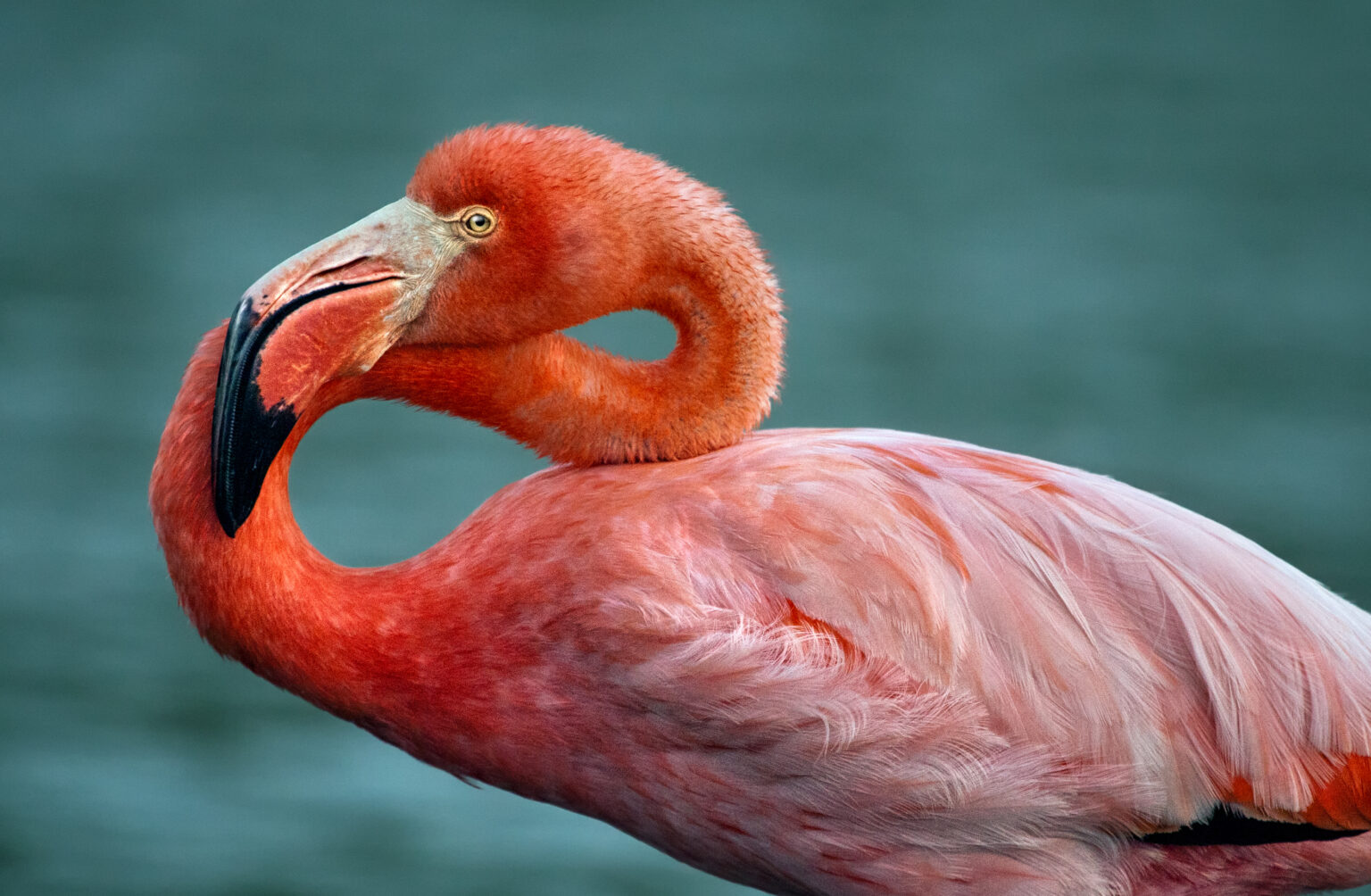
Our Impact
From tagging whale sharks and tracking giant tortoises to removing invasive rats and creating green jobs for islanders, we have nearly 30 years of experience working to protect Galapagos.
